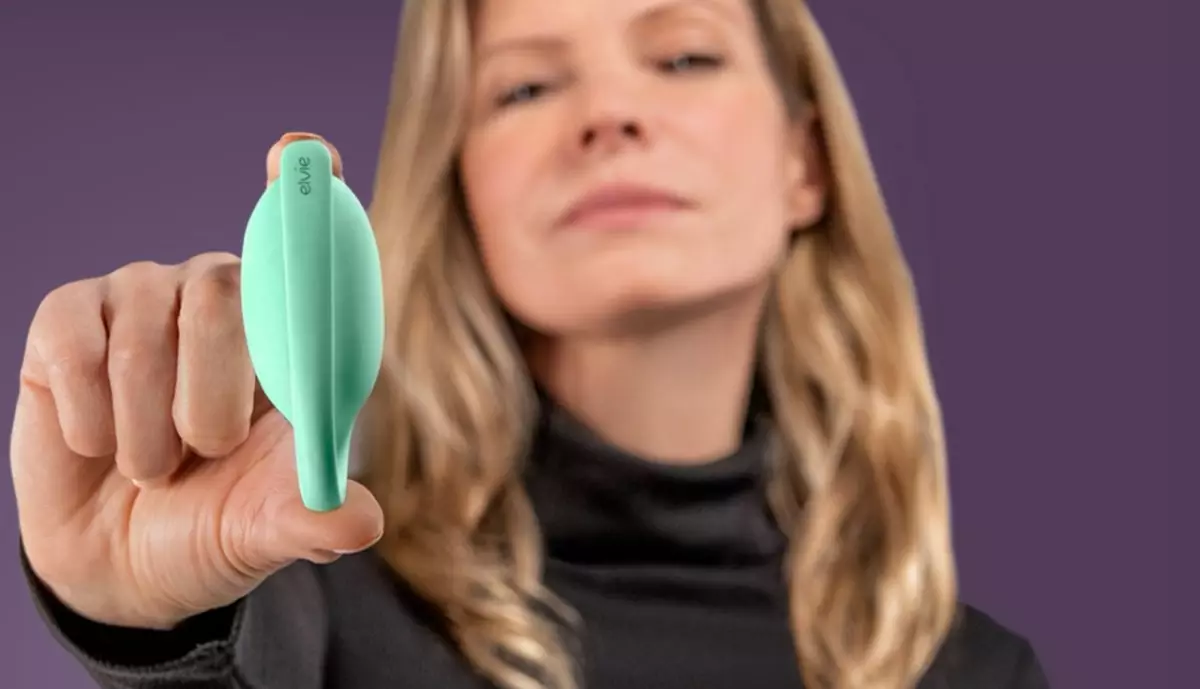In recent years, the domain of women’s health has witnessed a seismic shift thanks to innovative startups focusing on connected health devices and applications. With over $5 billion pumped into this rapidly growing sector within a mere five years, it’s clear that a market ripe with potential exists. Women-oriented startups are breaking traditional barriers, seeking to transform how women interact with their health and wellness through technology. This trend is not just about creating products; it’s about acknowledging and addressing the unique health challenges faced by women, who have historically been underserved in the medical sector.
Willow and Elvie, two prominent players in the women’s health arena, are currently at the forefront of this transformation. Willow has made significant inroads with its wearable breast pumps, while Elvie gained recognition for its smart Kegel trainer and an expanding product line that includes breast pumps and a high-tech bassinet. However, the acquisition of Elvie by Willow signifies more than just a business deal; it reflects the growing complexities and consolidations within the industry as economic pressures mount.
The Numbers Behind the Innovation
Elvie’s struggle, culminating in entry into administration, sheds light on the broader issues facing the women’s health market, which is projected to be worth a staggering $60 billion this year. Despite the staggering influx of investment, challenges loom on the horizon. Investors are increasingly cautious, particularly towards later-stage startups that lack a cutting-edge focus on artificial intelligence or other disruptive technologies. As Willow CEO Sarah O’Leary pointed out, the landscape is muddied with numerous lower-cost alternatives, making it harder for premium products to differentiate themselves.
In this environment, achieving profit margins through innovative hardware remains a formidable task. The essential crux is in transitioning these innovative ideas from startup phase to sustainable profitability, a journey fraught with obstacles that require both strategic acumen and market resilience. This is where consolidation, like the Willow-Elvie merger, becomes not only a survival tactic but a strategic move to create a more robust and diversified entity capable of weathering the market’s storms.
Women’s Health: A Market with Unique Challenges
The challenges facing women’s health startups also extend to regulatory hurdles and rampant competition. The public’s trust in health tech is increasingly contingent on how businesses handle sensitive user data. The recent turmoil surrounding companies like 23andMe emphasizes the importance of privacy and data management, especially within health-related sectors where transparency is paramount. As sentiments regarding personal data policies wade through shifting political landscapes, women’s health startups must tread carefully, balancing innovation with responsibility.
Moreover, the emphasis on hardware presents unique challenges. Unlike software-driven solutions that can be iterated upon easily, physical products require substantial upfront investment in manufacturing and distribution. The need for tangible, quality solutions that truly resonate with consumers is vital, yet difficult to achieve while navigating tight market constraints. As O’Leary and her team plot the course ahead for Willow, trial and error will play a significant role, especially given Elvie’s tumultuous history.
A Future Built on Empowerment
Despite these obstacles, the women’s health sector remains a vibrant field welcoming bold ideas and disruptive innovations. The advent of cloud technology, the proliferation of smartphones, and advancements in big data analytics have paved the way for impactful solutions that genuinely cater to women’s needs. In an era where the narrative is shifting towards empowerment and personalized care, the industry is witnessing the rise of a more engaged customer base that demands sophisticated, tech-driven solutions for their health concerns.
Moving forward, Willow’s acquisition of Elvie marks not just a strategic maneuver but also a potential harbinger for the future of women’s health startups. By consolidating resources, technology, and expertise, there is an excellent opportunity to build a comprehensive platform that can meet and surpass evolving consumer expectations. The challenge lies in unlocking the potential of existing innovations while also fostering new developments rooted in user feedback and health data analytics.
The road ahead for women’s health startups may be fraught with challenges, yet the combination of innovation and strategic consolidation could very well spell success. The ambition to build tech-centric solutions tailored for women’s unique health needs is a venture worth pursuing, as it not only represents a business opportunity but also champions the well-being of half the global population. As Willow sets its sights on a broader strategic horizon, the future indeed holds promising potential for the women’s health market.

